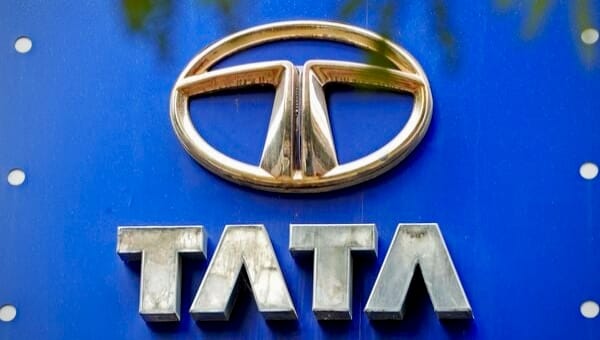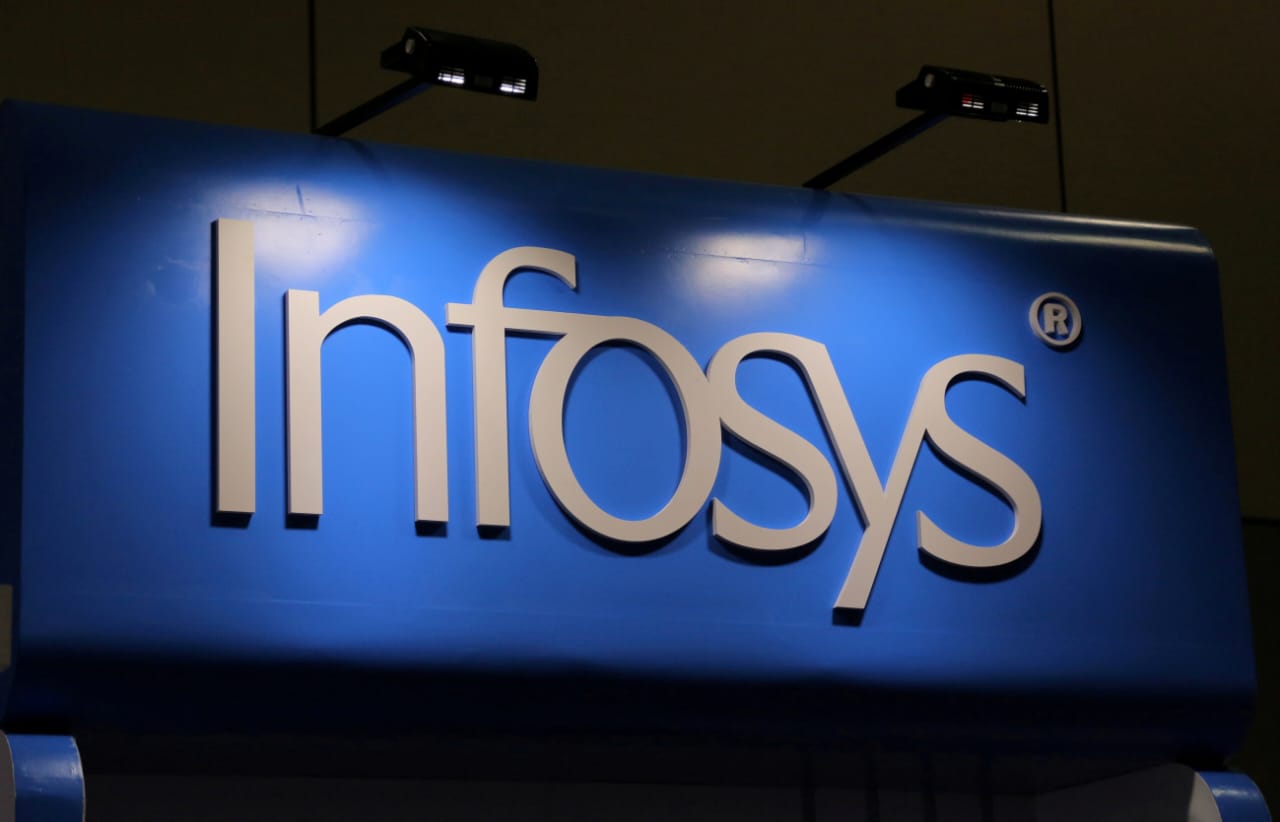
AI Reshapes IT Strategy as Indices Decline, Investment Shifts
Artificial intelligence adoption is reshaping corporate strategy and investor confidence in global IT despite recent market turbulence.
The Nasdaq Composite index fell 3.5% to 13,212 points by September 30. The S&P 500 dropped 3.7% to 4,288 points. Despite this broad market turbulence in the third quarter of 2023, investor focus on AI’s potential remained sharp.
Shares of Nvidia Corp., the dominant AI chipmaker, gained 2.3% to $432 during the quarter. This occurred even as Microsoft Corp.’s stock dipped 3.1% to $327, according to market data.
“The current AI adoption wave represents a foundational shift in enterprise strategy, delivering efficiencies unseen since the internet’s commercialization,” Dr. Anya Sharma, Chief Economist at Global Capital Markets, said October 25. Dr. Sharma, a veteran technology cycle observer, emphasized companies are moving past mere exploration.
She added: “They are integrating AI deeply into their core operations,” a structural change redefining industries.
Corporate spending on AI solutions is projected to reach $500 billion globally by 2027, up from $150 billion in 2023. International Data Corporation (IDC) reported this October 17. This accelerated investment aims to automate processes, refine data analytics, and personalize customer experiences, targeting measurable returns.
“Companies integrating AI effectively gain a distinct competitive advantage, boosting margins and market share,” observed Michael Chen, CEO of Horizon Tech Solutions, on October 26. His New York-based AI consulting firm advises Fortune 500 companies on complex digital transformations.
Horizon Tech Solutions reported a 40% year-over-year revenue increase in its AI implementation division this year.
Foundational technological shifts historically trigger intense investment, succeeded by consolidation. Veterans who navigated market cycles, like the early 2000s dot-com boom, discern parallels. Yet, current AI initiatives exhibit more concrete enterprise applications and clearer profitability roadmaps, signaling a sustainable growth trajectory.
Market veterans who navigated multiple cycles note heightened regulatory scrutiny coinciding with technological advancement. Governments globally grapple with AI’s ethical implications. They emphasize data privacy, algorithmic bias, and potential job displacement. This spurs demands for rigorous ethical AI development frameworks and accountability.
Generative AI employs deep learning models trained on vast datasets to produce human-like content: text, images, and code. Core technologies, including transformer architectures and large language models (LLMs), drive this innovation. They facilitate complex tasks from financial predictive analytics to creative media content generation.
Competition among tech giants for AI talent and intellectual property intensified markedly. Leading players like Google, Amazon, and Meta commit billions to research, development, and strategic acquisitions to fortify their market standing.
This commitment elevates salaries for AI specialists. It also spurs an innovation race for superior models and applications, pushing the boundaries of what AI can achieve.
Total venture capital funding for AI startups reached $38.9 billion in the first three quarters of 2023. This marks a 35% decrease from $60.2 billion in the same period last year, according to PitchBook data, reflecting a more discerning investment climate.
The IT sector faces significant challenges: the substantial cost of computing infrastructure, a severe dearth of specialized talent, and an evolving regulatory environment. Balancing innovation with responsible development will prove crucial for sustained expansion.
Looking ahead, the IT sector’s stabilization, anchored by widespread AI adoption, signals a prolonged era of digital transformation. This shift will necessitate substantial workforce re-skilling.
It is expected to foster new industries and business models, reshaping societal operations and economic growth over the next decade.








